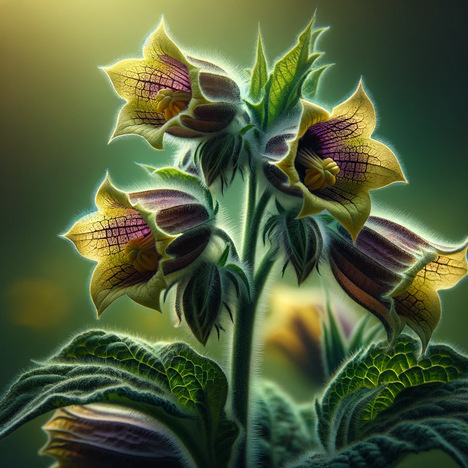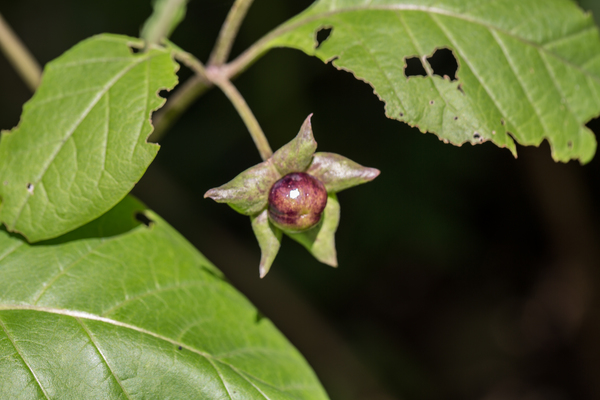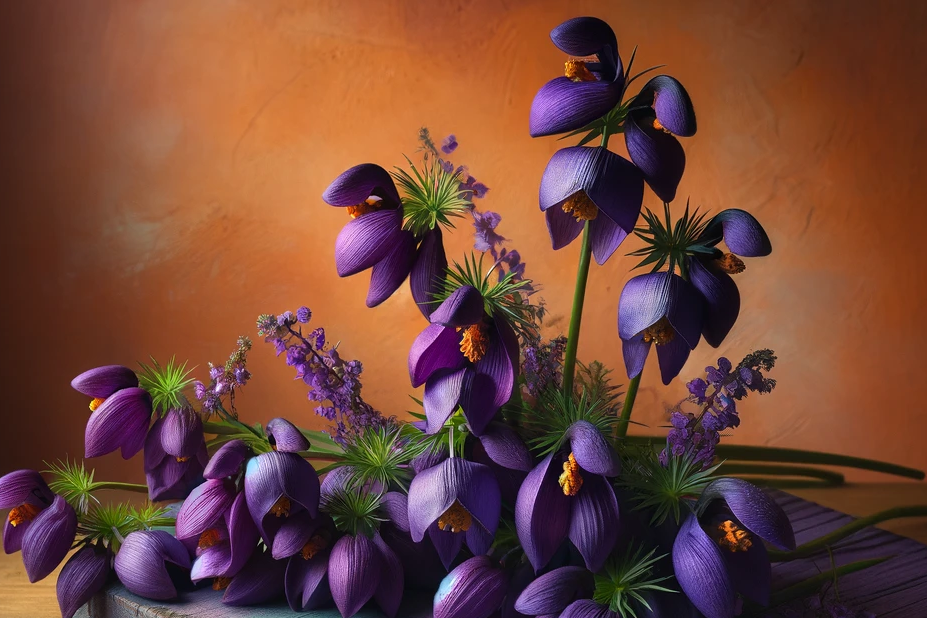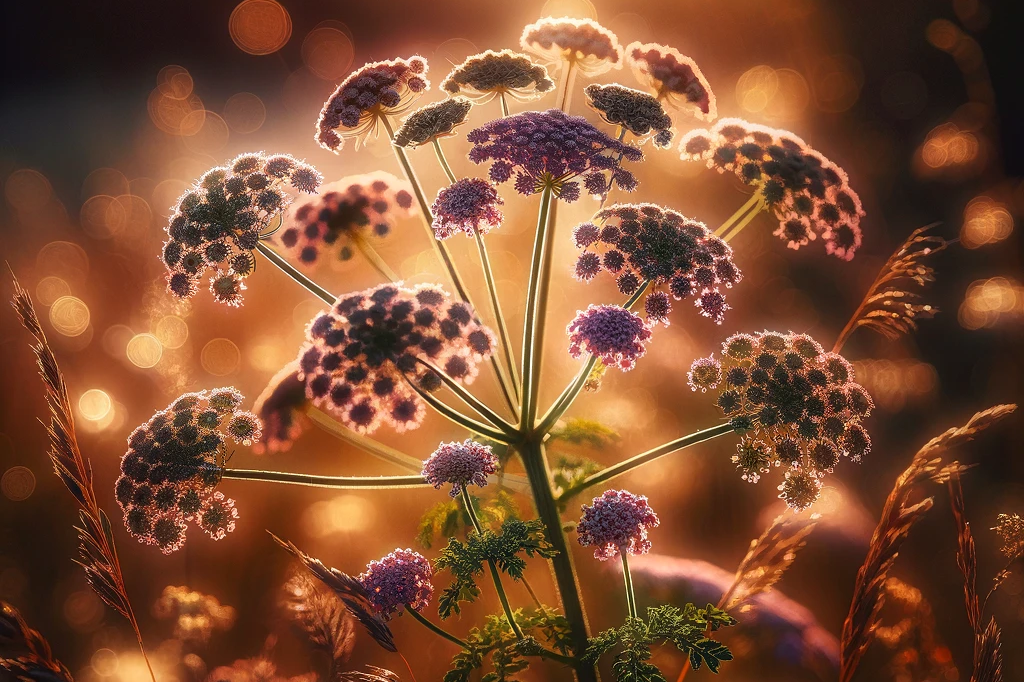Henbane

What are henbane plants?
Henbane (Hyoscyamus) is a genus of around 23 species that belong to the nightshade family. The best-known species is the black henbane (Hyoscyamus niger), which is also known as witchweed or deadly nightshade. The plants usually grow on rubble, roadsides or garbage tips and grow to a height of 30 to 80 cm. They have sticky stems and leaves that exude an aromatic odor. The flowers are funnel-shaped and have five unequal petals, which can be yellow, white or purple. The fruits are capsules containing many small seeds.
What effect do henbane herbs have?
Henbane contains various alkaloids, especially hyoscyamine, scopolamine and atropine. These substances act on the parasympathetic nervous system and can have different effects depending on the dose. In small quantities, they can have a calming, analgesic or antispasmodic effect. In higher doses, they can trigger hallucinations, agitation, delirium or unconsciousness. In very high quantities, they can lead to respiratory arrest and death.
How do you recognize and treat poisoning in your dog?
Dogs can be poisoned by henbane if they eat or chew on the plant parts. The roots and seeds, which have the highest concentration of alkaloids, are particularly dangerous. The symptoms of poisoning can vary depending on the amount ingested, but typical signs include
- Dilated pupils
- Dry mucous membranes
- Accelerated heartbeat
- fever
- Trembling
- Restlessness
- Cramps
- hallucinations
- Impaired consciousness
If you suspect that your dog has eaten henbane, you should consult a vet immediately. The vet can try to remove the poison from the stomach or neutralize it. They can also give medication to reverse or alleviate the effects of the alkaloids. The prognosis depends on the severity of the poisoning, but the earlier treatment begins, the better the chances of recovery.
How can you protect your dog from henbane?
The best prevention against henbane poisoning is to keep your dog away from the plants. When you take your dog for a walk, pay attention to where he sniffs or chews. Avoid places where henbane might grow, such as rubble piles or garbage dumps. If you have henbane in your yard, remove it or secure it with a fence. Train your dog not to eat or chew on foreign plants. If you want to give your dog homeopathic remedies, always ask a vet for advice. Never give your dog henbane or other poisonous plants without medical advice.
Henbane is a poisonous plant that can be very dangerous for dogs. They contain alkaloids that affect the nervous system and can lead to severe poisoning. If you suspect that your dog has eaten henbane, seek veterinary advice immediately. To avoid poisoning, keep your dog away from the plants and do not give him any homeopathic remedies without medical advice.
Properties 9
Are you looking for other ingredients with a specific property?
Just click on them to find more.
If you notice any signs of hypersensitivity or poisoning in your dog, you should see your vet immediately. We are not a substitute for a vet, but we try to be as accurate as possible. Every dog reacts differently and we recommend you get a second opinion or consult your vet if in doubt.
Stay healthy and take good care of your four-legged friend!😊
Similar to Henbane
Belladonna (Atropa belladonna) is a perennial shrub from the nightshade family. It can grow up to two meters high and has egg-shaped leaves and bell-shaped flowers, which are brown-purple on the...
Datura is a member of the nightshade family, like the potato or tomato. It grows as an annual herb up to one meter high and is widespread in many parts of the world. It is sometimes cultivated as an...
Monkshood, also known by its scientific name Aconitum, is a genus of perennial plants found in the mountainous regions of Europe, Asia and North America. This plant is not only known for its vibrant...
Spotted hemlock is a biennial plant that belongs to the umbellifer family (Apiaceae). It is mainly native to Europe, West Asia and North Africa and has been introduced to many parts of the world,...



